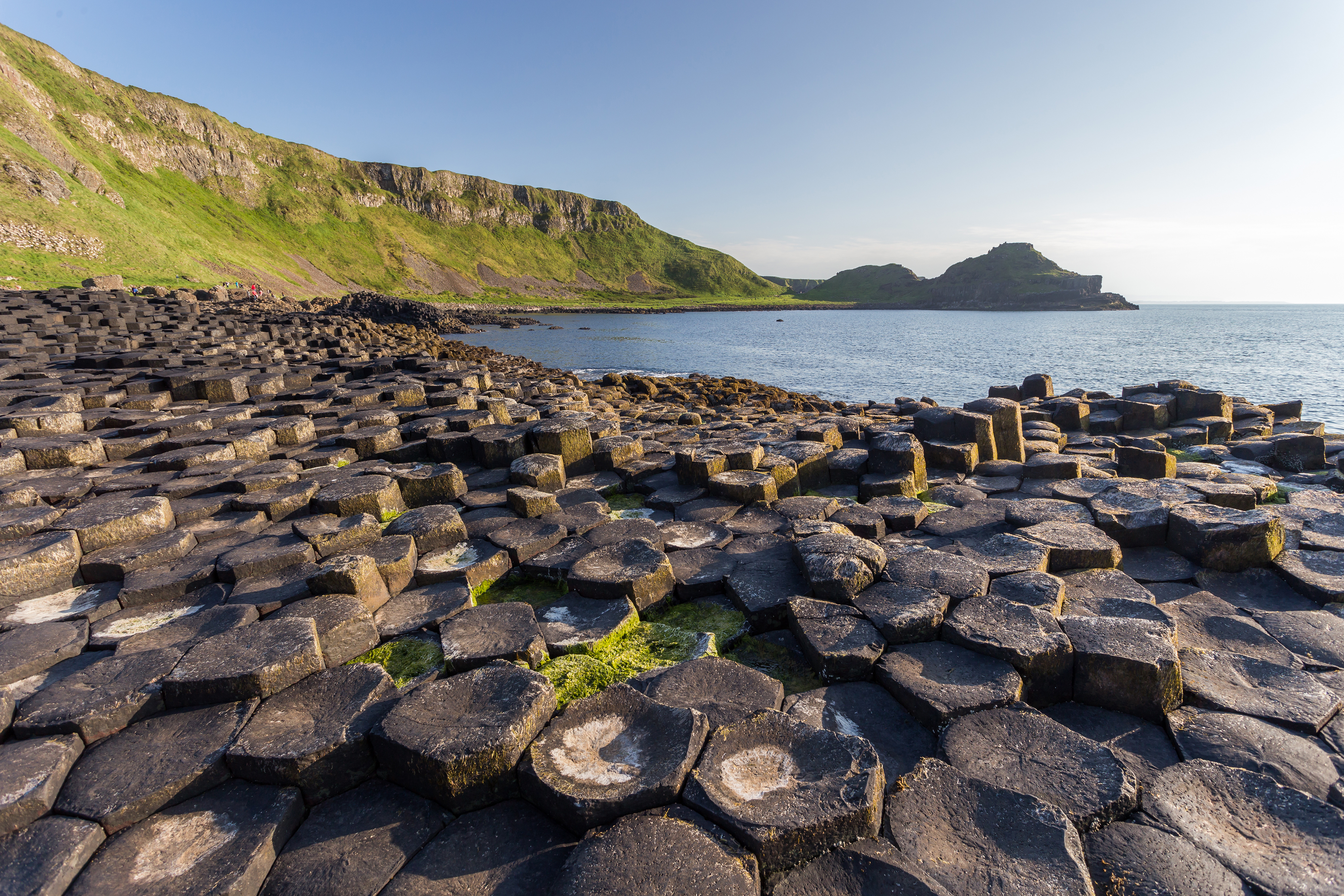

GRANTS FOR
NORTHERN IRELAND
JMF accepts applications at any time of the year, but do plan to allow 5-6 months from submission to Trustees reaching a decision on your application.
Not all applications meeting criteria receive funding – this is simply due to the volume of requests and for this reason many worthy projects do not receive grants.
Preference is given to organisations seeking funding for projects which fall within the Foundation’s target areas for giving which are:
- running costs
- capacity building
- volunteer training and out of pocket expenses
Trustees will continue to review the Foundation’s grant making policy at regular intervals.
No grants are made to individuals, nor are grants made for capital building projects or for work that clearly falls under statutory responsibility. Please see What We Do Not Fund for a complete list of our exclusions.
The size of the grant varies, but we prefer to give smaller grants to a larger number of projects. Small schemes are preferred because capacity and ambition are likely to be better matched, and people are more likely to be stimulated to further effort. Applications will not normally be considered from organisations with an annual income of over £250,000 or with large reserves. Applicants should also be registered charities or be in the process of applying to be one.
The maximum grant available is £5,000 for one year. Multi-year grants are only made in exceptional circumstances. If an organisation has received a grant for three years in a row, it will not be eligible for a further grant until at least a year has elapsed since the end of the previous one.

